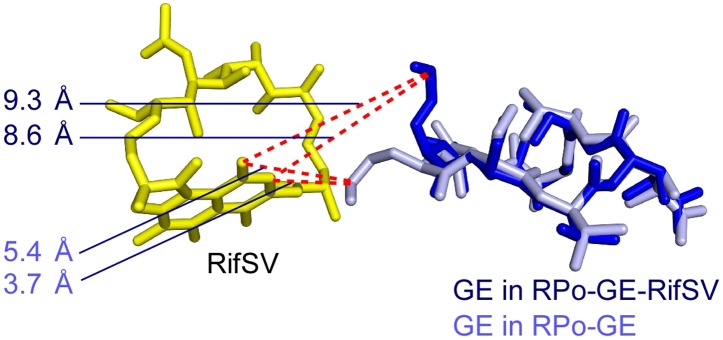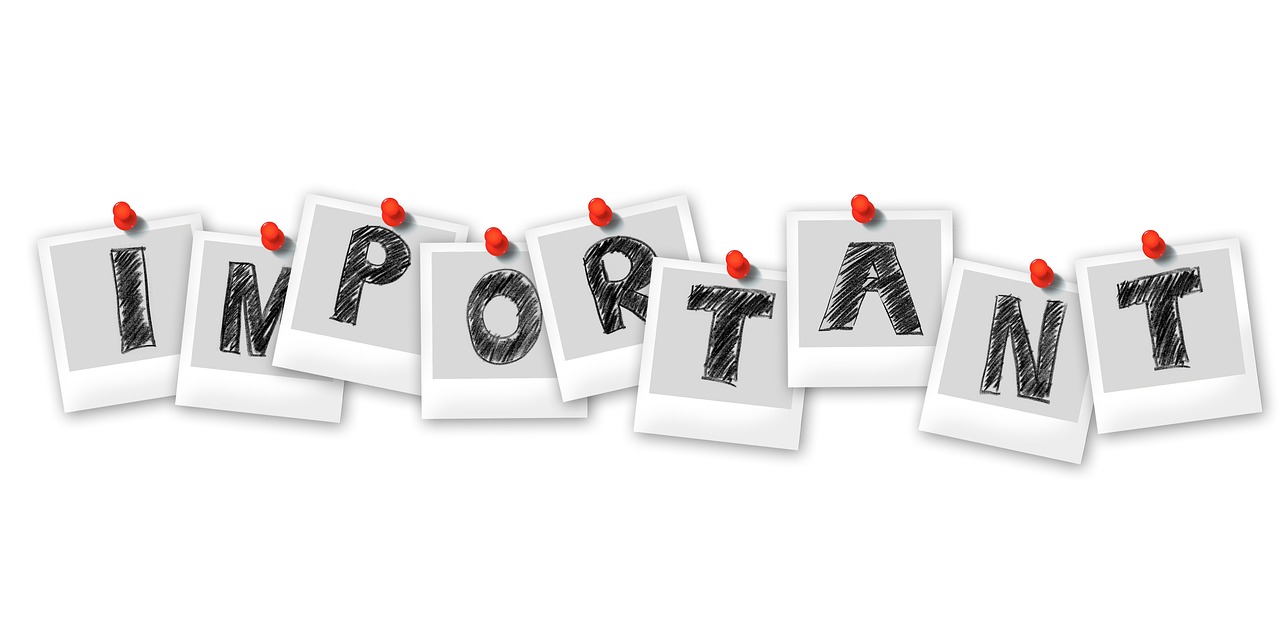The probate process can be a daunting and confusing concept for many individuals. From determining the validity of a will to distributing assets to beneficiaries, the process of probate plays a crucial role in settling the final affairs of a deceased individual. But how exactly is the probate process initiated? In this article, we will delve into the intricacies of probate initiation and provide you with a comprehensive understanding of this essential legal process.
Understanding the Probate Process
When a person passes away, their estate typically goes through a legal process known as probate. This process is necessary to distribute the deceased person’s assets to their heirs or beneficiaries. So, how is the probate process initiated?
Typically, the probate process is initiated by filing a petition in the probate court in the county where the deceased person lived at the time of their death. The court will then appoint a personal representative, often referred to as an executor or administrator, to oversee the handling of the estate. The personal representative is responsible for carrying out the terms of the deceased person’s will, if one exists, or distributing the assets according to state law if there is no will.

When Does the Probate Process Begin?
The probate process typically begins when the executor named in the deceased person’s will files a petition with the probate court to open the estate. This usually happens shortly after the death of the individual.
Once the petition is filed, the court will schedule a hearing to officially appoint the executor and grant them the legal authority to act on behalf of the estate. At this point, the executor will begin the process of gathering the deceased person’s assets, paying off debts, and distributing the remaining assets to the beneficiaries named in the will.

Initiating the Probate Process: Key Steps and Considerations
When it comes to initiating the probate process, there are several key steps and considerations to keep in mind. One of the first steps is determining whether the deceased individual left a will. If a will is in place, the executor named in the document will typically be responsible for initiating the probate process. If there is no will, the court will appoint an administrator to oversee the probate process.
- Identify the executor or administrator.
- File the necessary paperwork with the court.
- Notify beneficiaries and creditors.
- Inventory and appraise assets.
It’s important to note that the probate process can be time-consuming and complex, so having a clear understanding of the key steps involved and seeking the guidance of a legal professional can help ensure a smooth process.

Important Factors to Keep in Mind during Probate Initiation
When initiating the probate process, there are several important factors to keep in mind to ensure a smooth and efficient administration of the estate. One key factor to consider is the appointment of a personal representative, also known as an executor or administrator, who will be responsible for managing the estate throughout the probate process.
Additionally, it is crucial to gather all necessary documents and information related to the deceased individual’s assets and debts. This includes but is not limited to wills, trusts, financial statements, property deeds, and outstanding bills. Keeping detailed records and staying organized will help streamline the probate process and avoid potential delays. Remember that each state has its specific probate laws and procedures, so it is essential to familiarize yourself with the requirements in your jurisdiction.
In conclusion, understanding how the probate process is initiated is crucial for navigating the complex legal procedures involved in settling an estate. By following the appropriate steps and seeking guidance from legal professionals, individuals can ensure a smooth and efficient administration of their loved one’s assets. Whether you are a beneficiary or an executor, being knowledgeable about the probate process can alleviate stress and streamline the distribution of assets. Remember, each probate case is unique and may require different strategies, so it is always advisable to consult with legal experts for personalized guidance. Stay informed, stay prepared, and may the probate process be as swift and painless as possible for you and your family.



